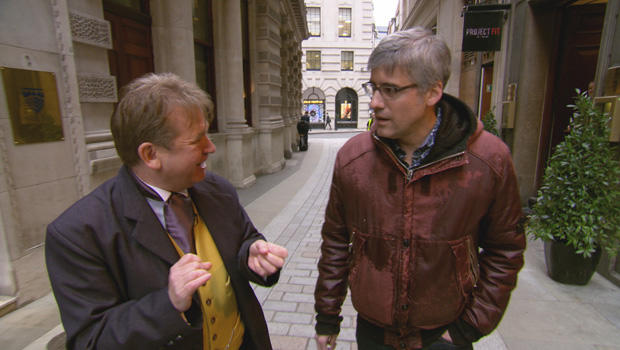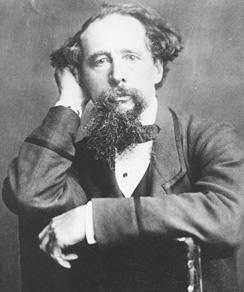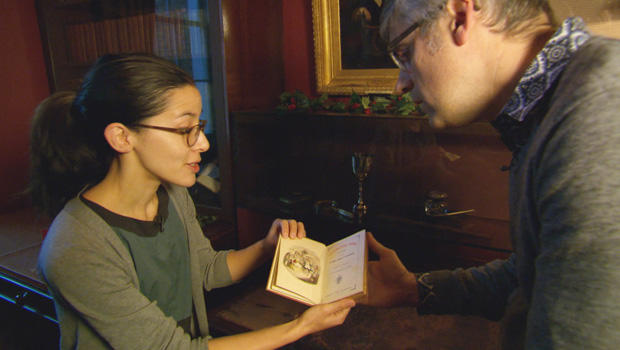CBS News - December 20, 2015, 10:44 AM
http://www.cbsnews.com/news/the-second-most-famous-christmas-story-ever-told/
'Tis The Season for classic Christmas stories -- which is why so many readers say "What the Dickens!" Mo Rocca has been to London:
If you want to see London through the eyes of Charles Dickens, tour guide Richard Jones is your man.
"This is the heartland of Dickens' 'Christmas Carol,'" he said. "This is where we have Scrooge's counting house. It's based in the alleyways of the heart of the City of London.
"It's a foggy Christmas Eve, and the gas lamps are lighting up. You can imagine the people coming out of doors and they're coughing and they're wheezing and they're rubbing their hands together, stamping their feet, desperate to keep warm. And this is where it all begins."
"You're transporting me right now!" said Rocca.

And any talk of Dickens in December conjures only one thing: "A Christmas Carol."
"No Christmas is complete without somebody in the family taking out the copy of 'A Christmas Carol' and reading it to the household." said Jones.
"A Christmas Carol," published as a novella in 1843, tells the story of Ebenezer Scrooge, a miserly and miserable old businessman, who on Christmas Eve is haunted by three ghosts -- Christmas Past, Christmas Present and Christmas Future -- ultimately deciding to mend his ways and spread cheer all around him in an ending sweeter than a figgy pudding.
But you already knew that. What you may NOT know is Dickens' personal connection to the story.
"Dickens, in his childhood, had faced great hardship," said Louisa Price, the head curator of the Charles Dickens Museum. "His father was riddled with debt troubles. And at one point his father was thrown into jail for debt, and at that time as a young boy, only 12 years old, he had to work in a blacking factory, to make ends meet and to support his family."
Price says those early experiences influenced much of Dickens' work. With "A Christmas Carol" he wanted to address the serious social ills that continued to plague the poor in Victorian England.
"He decided that he was going to write a political pamphlet. However, a few days later he wrote to a friend and said, 'I'm not going to do the political pamphlet. I'm going to put out something at Christmas time. And that's going to have 20 times the force.'"



